Research and Policy Media Relations Manager
Gavin draws on more than 25 years of experience in communicating about science, medicine and health policy. She focuses mainly on the health services research done by members of the U-M Institute for Healthcare Policy and Innovation, who work to understand and improve the safety, quality, equity and affordability of health care. As part of the Michigan Medicine communication team, she has lead responsibility for primary care and mental health topics. Contact: [email protected]; Twitter: @Karag
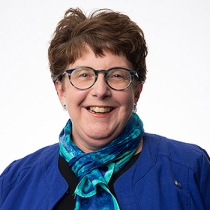
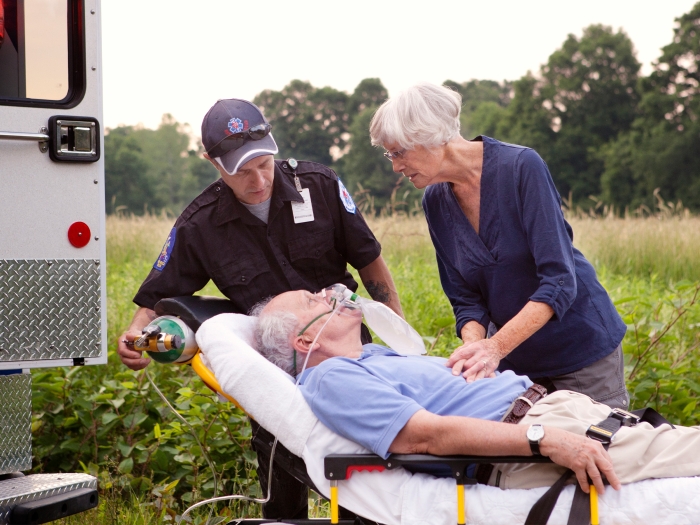
Health Lab
People with Alzheimer’s and other forms of dementia account for a large percentage of emergency visits by older adults, but some of those crises could be prevented.

Health Lab
Screening for dementia, Alzheimer’s disease and cognitive impairment is something most older adults want for themselves or feel others their age should have access to.

Health Lab
The rapid rise in telehealth and telemedicine use during the pandemic helped increase access to care for people in rural areas especially those with mental health provider shortages.

Health Lab
Medicaid expansion associated with rise in doctor’s appointments that included high value care, while not leading to a reduction in visits by people with other forms of insurance.

Health Lab
A national study of blood ferritin and hemoglobin levels from tween, teen and young adult females suggests routine screening might be needed for iron deficiency and anemia

Health Lab
As a court case called Braidwood vs. Becerra goes through the legal system, a popular Affordable Care Act provision hangs in the balance.

Health Lab
Iron levels in the blood – and specifically, a type of iron storage called ferritin – have been linked to mental health symptom severity

Health Lab
Use and confidence are lower in those with lower incomes or lower levels of physical or mental health

Health Lab
Blood donation guidelines based on individual risk rather than broad bans increase the number of people eligible to give and save lives.

Health Lab
Research finds higher blood sugar linked to faster loss of brain power in stroke survivors.

Health Lab
The end of the public health emergency for COVID-19 brings changes, but does not change how individuals should protect themselves and others
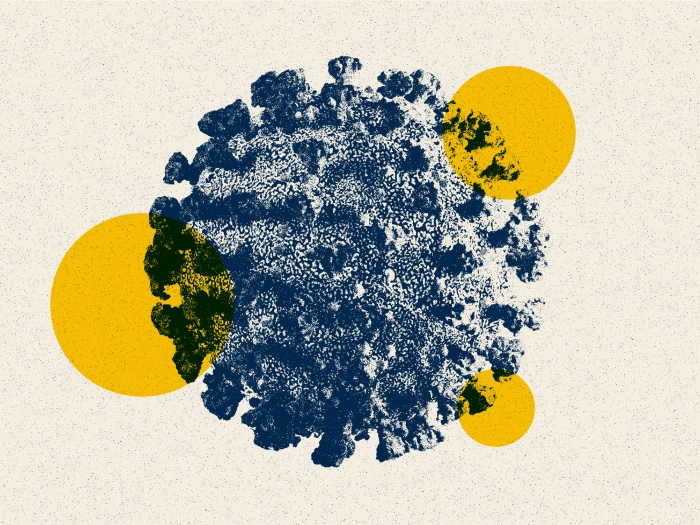
Health Lab
COVID-19 hospitalization is especially linked to an impact on patients’ financial health

Health Lab
A Michigan Medicine study shows the rate of people starting on buprenorphine remained flat from 2019 through 2022, while the percentage of patients who stayed on buprenorphine for at least six months hovered at just over 20% from 2016 through 2022.
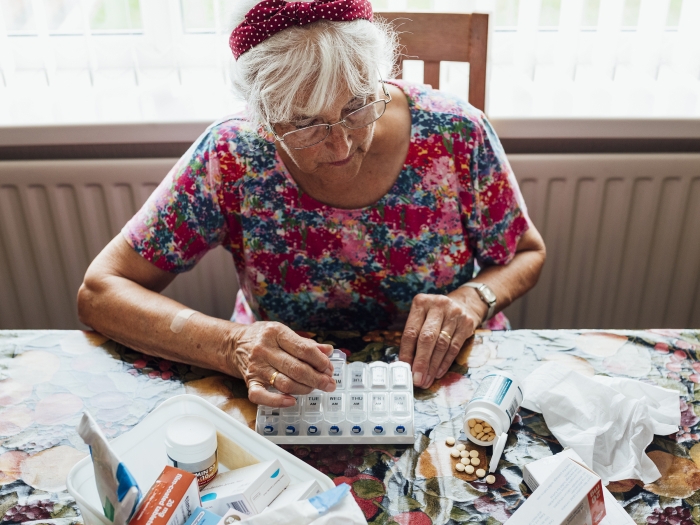
Health Lab
Stopping or reducing doses of prescription medicine, also called deprescribing, is something many older adults would like to do, and some have already done without medical guidance. Medication reviews could help.
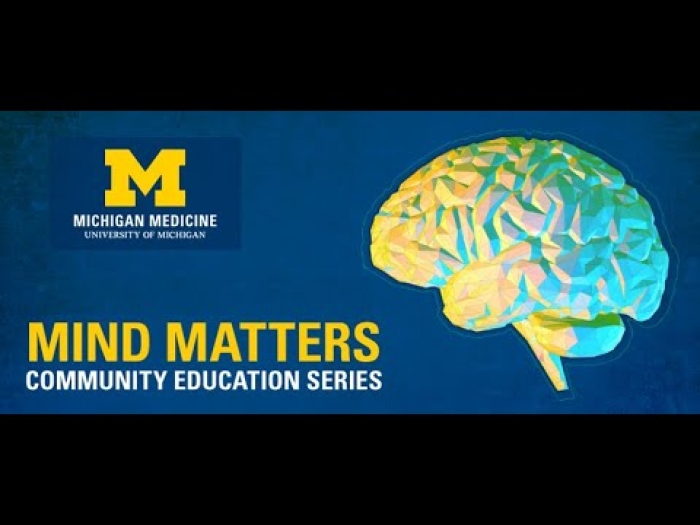
Health Lab
Interventional psychiatric care involving brain stimulation and infused or inhaled medicine can offer different options for patients.